


In 1995 Greg Zeschuk and Ray Muzyka had two passions: medicine and role-playing games. If the two young doctors weren't tending to Alberta's sick they were playing table-top adventures or talking about translating them into video games. When they co-founded BioWare with fellow doctor Augustine Yip, medicine still represented Muzyka and Zeschuk's day jobs as they tried to balance their passions.
Four years later, with the aid of publisher Interplay's D&D license, the doctors made the second best-selling PC game of 1998 - Baldur's Gate, universally hailed as a seamless marriage of D&D mechanics and interactive storytelling. BioWare was now a close-knit 65-man studio, its halls lined with prototype sketches of fantasy worlds to come. For all the success, Muzyka and Zeschuk remained humble. They still practised medicine when they could. Neither saw BioWare ever completely taking over their lives.
Today BioWare has roughly 800 employees across six studios. Each studio ultimately reports to Muzyka, while Zeschuk is in charge of BioWare Austin and responsible for The Old Republic. As for medicine, that balancing act is over. There hasn't been time for it in roughly a decade.
But some fans now believe the doctors struggle with a whole new balancing act, that of EA and BioWare. When EA put up $860 million to acquire BioWare/Pandemic from VG Holding Corp in January 2008, public cynicism wasn't so heavy. The publisher had worked hard to lessen its reputation of chewing up small studios for easy bucks. Brand new IPs like Dead Space and Mirror's Edge had sparked interest while partnerships with Valve and Crytek cemented a seeming shift in mindset. But there were still cynics.
Dan Fedor worked at BioWare for seven years and was one of the 300 or so employed during the EA buyout. "Day-to-day work proceeded pretty much as it always had," Fedor recalls – he was a lead technical artist on Dragon Age: Origins at the time.
"I'd say the most obvious changes I can recall were actually positive ones: improved compensation for employees, and improved infrastructure. EA made it a point to standardise compensation across its studios, and for BioWare that actually meant bringing many developers' compensation packages up. And EA's vast size meant we had its many resources at our disposal, including localization, QA, and several technology initiatives for improving workflows."
There was, inevitably, tension.
"I can't deny that many employees were fearful at the announcement of the merger. Many of us expected EA would drastically change the culture at BioWare. As time passed, though, it became clear that what EA wanted was for BioWare to keep being BioWare. Despite popular bombast, no storm troopers breached our airlocks and started imposing martial law."
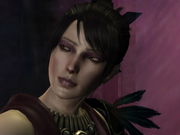
Drew Karpyshyn recently announced that he's leaving BioWare to concentrate on his novels. During his 12 years at the studio, Karpyshyn served as lead writer for Knights of the Old Republic and Mass Effect, among others. Like Fedor, he says that the EA buyout brought few significant changes in day-to-day operations.
"EA really wanted to let BioWare do what it does best, so they were smart enough not to try and change things that were already working," he agrees.
"They did give us more resources - bigger budgets, more advertising support, a greater presence at various conventions and expos, the ability to open studios in Austin and Montreal so we could work on multiple titles effectively - but beyond that BioWare was still BioWare."
Fedor's work at BioWare included both Dragon Age games. While the first received great acclaim from fans and critics, Dragon Age II notoriously prompted a huge backlash from disillusioned BioWare fans through low Metacritic user scores, many of which were posted before the game was even released.
Most user reviews lambasted the game's "aerodynamic" design as patronisingly dumbed-down, especially for a game in a series billed as the spiritual successor to Baldur's Gate, and the blame was laid firmly at EA's doorstep. EA's reputation for acquiring talented independent studios like Westwood and Bullfrog and burying them dead had come back to haunt them, and fans weren't assuaged by EA CEO John Riccitiello's assurances that this time it was different.
One fan posted on the BioWare forums that the developer had "sold their soul to the EA devil", only to have his account locked and access to Dragon Age II taken away for 72 hours. While the ban was later revoked by EA, some fans began to feel betrayed.
"I can understand where fans are coming from, but I don't think EA are the meddlesome overlords that many are making them out to be," says Fedor "EA just make a convenient target. Sure, EA has had some black eyes in the past, and probably deserved some of them, but I never got the sense they were forcing us to do things we didn't want to do."
Fedor left BioWare this time last year, taking the decision to give up his salary and move into the risky world of indie development. He's close to releasing his first solo title, N.E.O. Scavenger – predictably an RPG, albeit one that mixes Civ-like turn-based play with post-apocalyptic survival. Creating his own game has perhaps given him perspective on the difficulties of game development.
"BioWare makes decisions too, both at senior leadership and team levels. Even lucky idiots like me, frankly. And sometimes we make bad calls," he admits.
"Hi, I'm Dan Fedor, and if you wonder why players can't have cloaks in Dragon Age: Origins that was my fault. Sorry dudes, I couldn't make them work well enough. I screwed up. We all screw up, despite our best efforts."

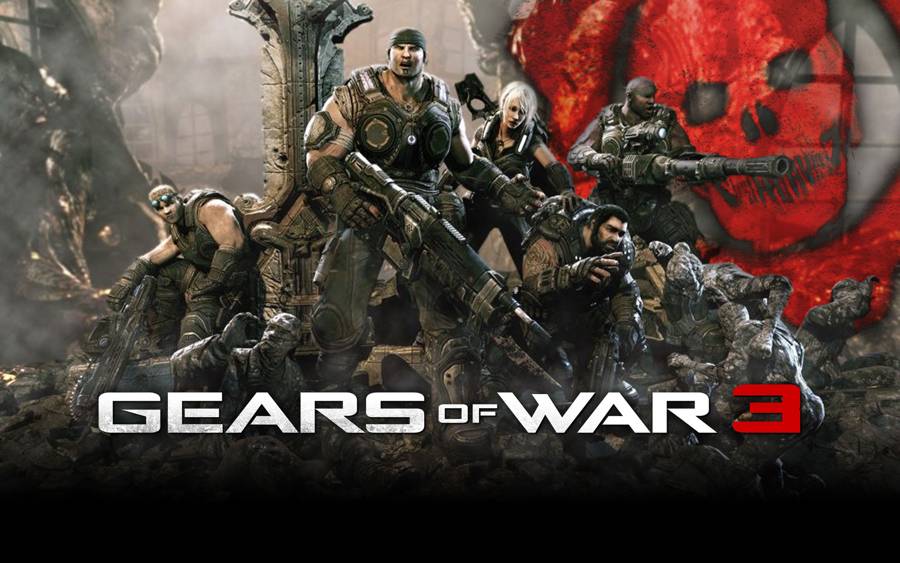


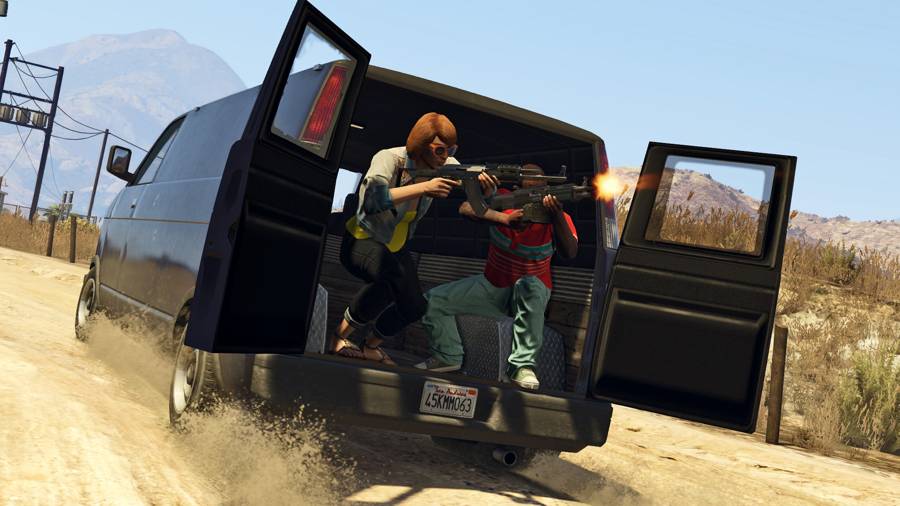 Grand Theft Auto Online Guide: Series A Funding Heist Guide
Grand Theft Auto Online Guide: Series A Funding Heist Guide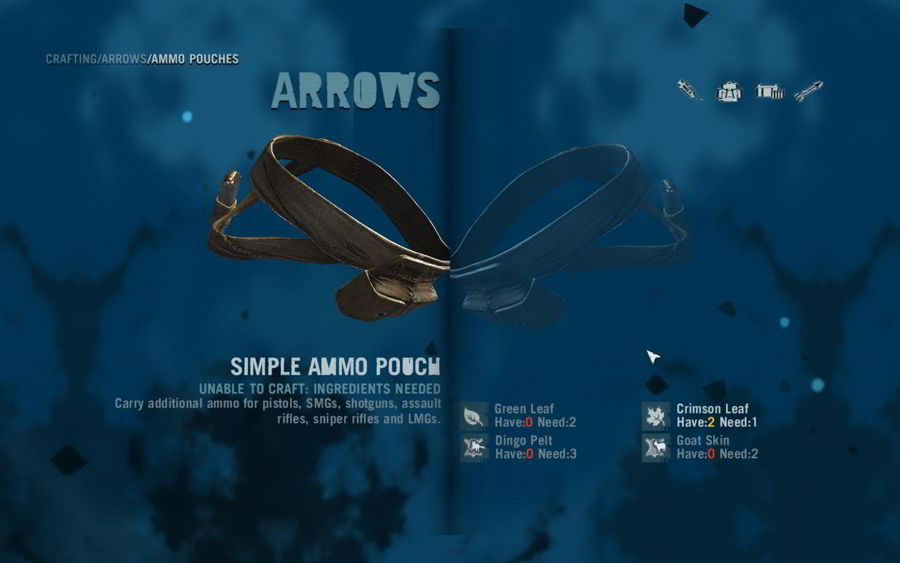 Far Cry 3 Crafting Guide
Far Cry 3 Crafting Guide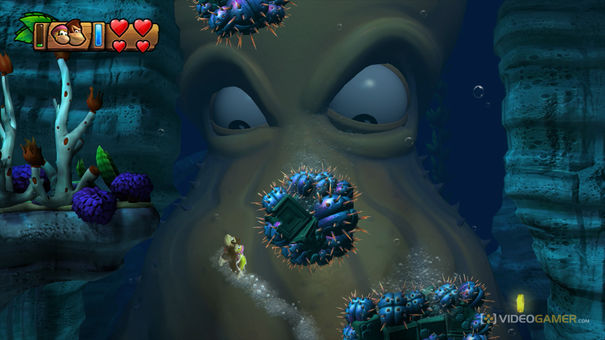 Donkey Kong Country: Tropical Freeze – a sign of things to come?
Donkey Kong Country: Tropical Freeze – a sign of things to come? FIFA 12: Fast Exp For Be A Pro
FIFA 12: Fast Exp For Be A Pro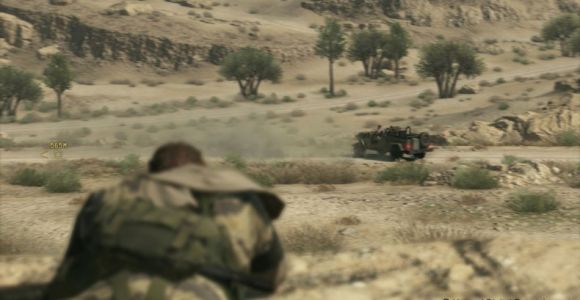 Metal Gear Solid 5: The Phantom Pain Episode 14 – Lingua Franca
Metal Gear Solid 5: The Phantom Pain Episode 14 – Lingua Franca